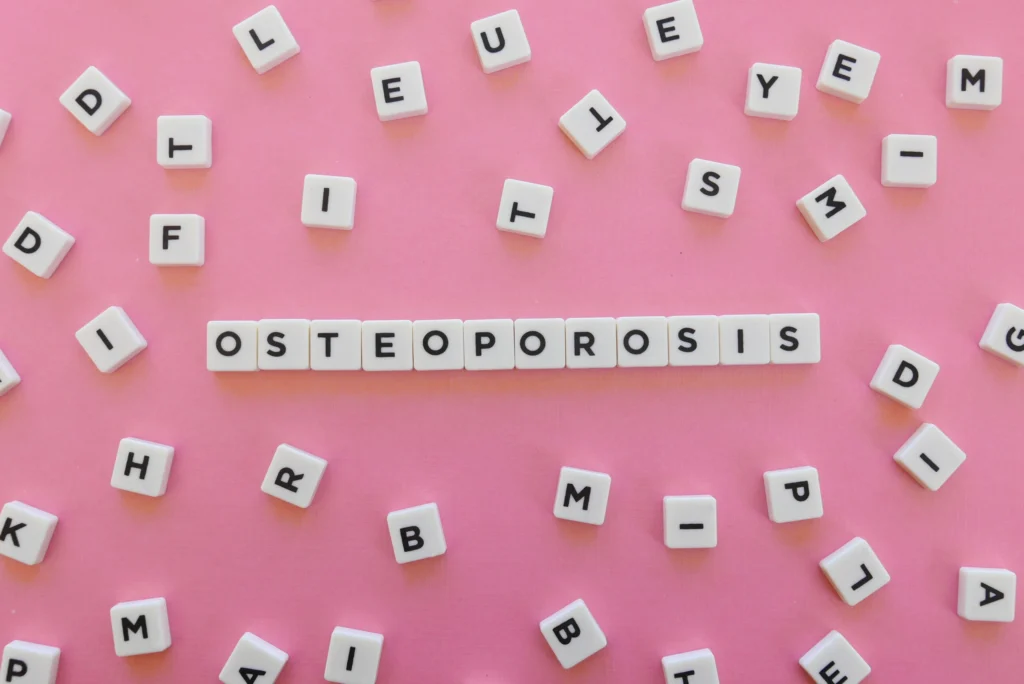Osteoporosis is a condition that causes bones to become thin, weak, and more likely to break. Often referred to as a “silent disease,” it usually progresses without noticeable symptoms until a fracture occurs. It affects both men and women, but is especially common in postmenopausal women due to decreased estrogen levels. Early detection and proper treatment are essential to maintain bone health and reduce the risk of serious fractures.

Bone is living tissue that constantly rebuilds. Osteoporosis occurs when the rate of bone loss outpaces new bone formation, causing bones to lose strength. Common causes include:
Aging, especially after age 50
Menopause, due to a drop in estrogen
Family history of osteoporosis or fractures
Low calcium and vitamin D intake
Sedentary lifestyle
Smoking and excessive alcohol use
Certain medications, such as steroids or thyroid hormone replacements
Medical conditions like thyroid disease or rheumatoid arthritis
Understanding your personal risk factors is the first step in prevention.
Since these signs may be subtle, routine screenings are key to early detection. Most people with osteoporosis experience no symptoms until a bone breaks. When symptoms do appear, they may include:
Osteoporosis is diagnosed using a bone density test, typically a DEXA scan (dual-energy X-ray absorptiometry). This painless scan measures the strength and thickness of your bones, especially in the hips and spine. Your provider may also recommend:
The goal of treatment is to prevent fractures and maintain bone density. Treatment may include:
Calcium and vitamin D supplements
Medications, such as bisphosphonates, hormone therapy, or newer bone-building drugs
Weight-bearing exercises like walking or strength training
Fall prevention strategies, including home safety modifications
Lifestyle changes: quitting smoking, limiting alcohol, and maintaining a healthy weight
Your healthcare provider will create a personalized plan based on your age, bone density, and overall health.
Osteoporosis is a serious but manageable condition. With early diagnosis and a proactive approach to bone health, you can greatly reduce your risk of fractures and maintain your independence. At Advanced Women’s Care, we specialize in women’s health and offer comprehensive bone health evaluations, treatments, and prevention strategies tailored to your needs. Don’t wait—ask your provider if it’s time for a bone density screening.